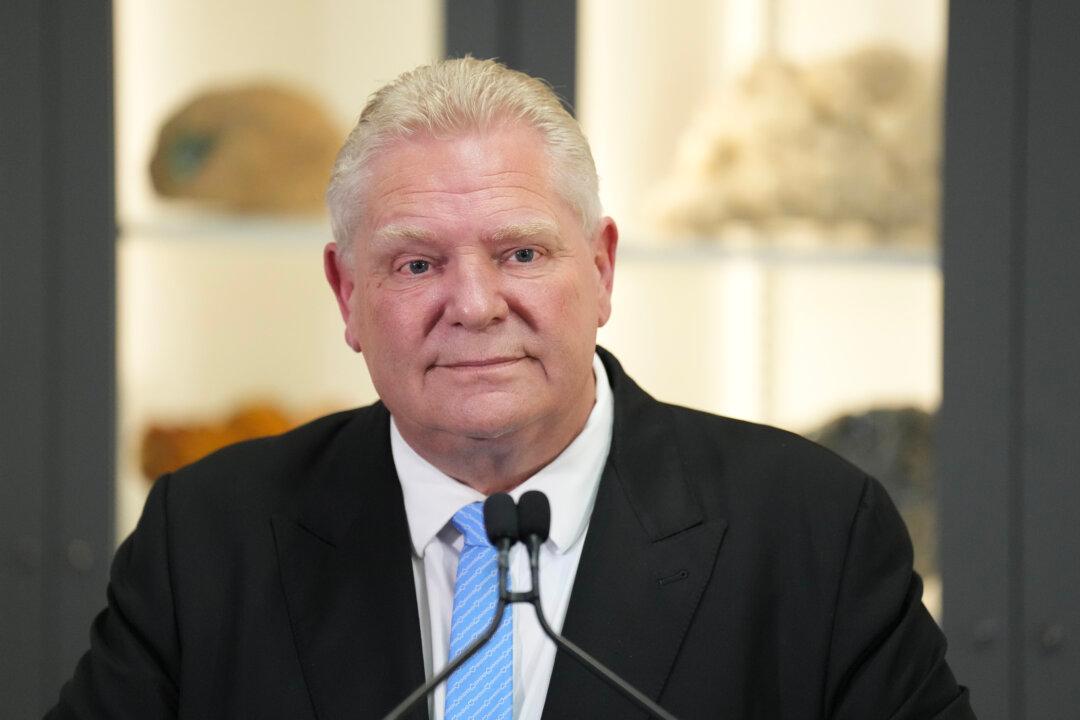Ontario Premier Doug Ford is proposing a Canada–U.S. critical minerals alliance to deter the incoming U.S. administration’s tariff threat by strengthening cross-border supply chains.
Ford called for creating the critical minerals supply chain alliance with the United States at a Jan. 13 press conference in Toronto. The move is part of the broader “Fortress Am-Can” partnership the premier has proposed in response to U.S. President-elect Donald Trump’s threat to impose a 25 percent tariff on all Canadian goods unless Ottawa does more to boost border security.





